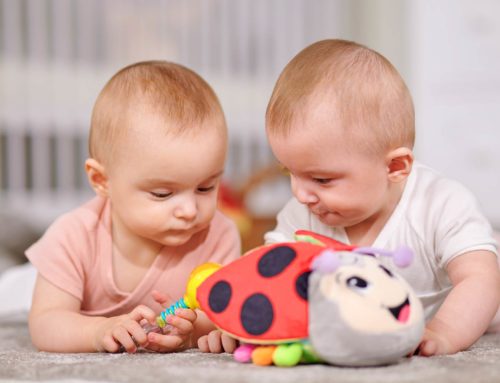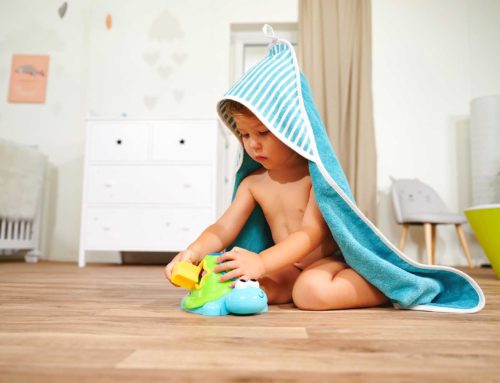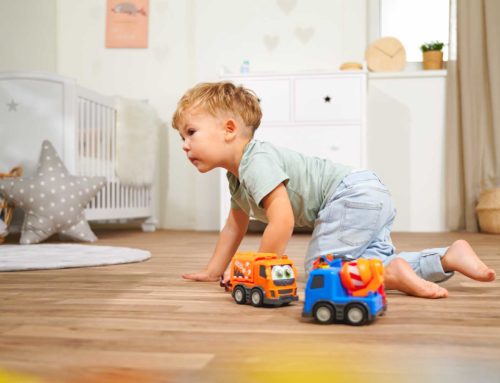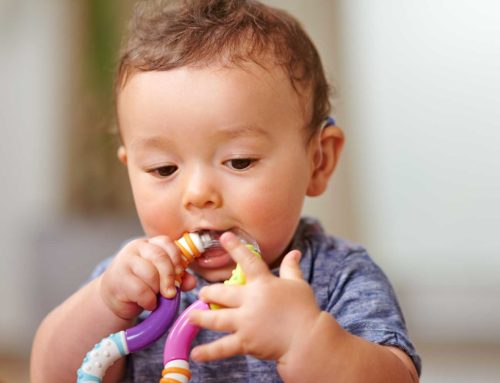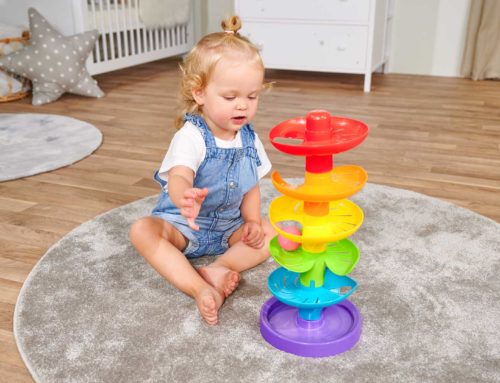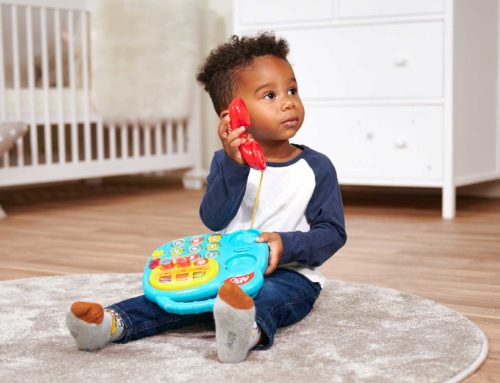How to soothe my baby? Tips for falling asleep
Hearing the baby’s first cry when it comes into the world is an exciting experience. It is a sign that they have come into the world healthy and with great lungs! But as the weeks go by, excitement can quickly give way to worry and frustration. The sooner you learn what your baby is trying to express by crying, the sooner you can respond, and the crying will not be as disruptive, even at night. Parents and babies can get back to sleep faster. Therein lies the crux of this article: even babies need to get used to a day and night rhythm, and parents can do a lot to help make that happen.
The obvious thing that all parents can do from the first day of the child’s life is to get them used to a regular daily routine right away. However, this rhythm should not be rigid but should adapt to the baby’s needs. — Rest and fun play a significant role in this. – When you see that your baby is tired, put him in his bed. In this way, the child learns that his bed is for sleeping and not for playing. If the baby is a little older, he should sleep no more than four hours during the daytime, and this sleep should be finished at least six hours before night sleep.
Bedtime
If you approach bedtime calmly and quietly, it will usually transfer to your baby. Make sure your baby is full and satisfied before bedtime.
Routine gives a sense of regularity and security
As mentioned earlier, your baby should be put in his crib when he is tired. For example, if you allow your child to fall asleep in front of the TV or the parent’s bed, it will be more difficult later to get the child used to a routine without “sleep aids.”
Children, adults, and even babies have different sleep habits. It may be a story; for another child, it may be a song. Once you find out what your baby prefers, repeat this bedtime ritual every night.
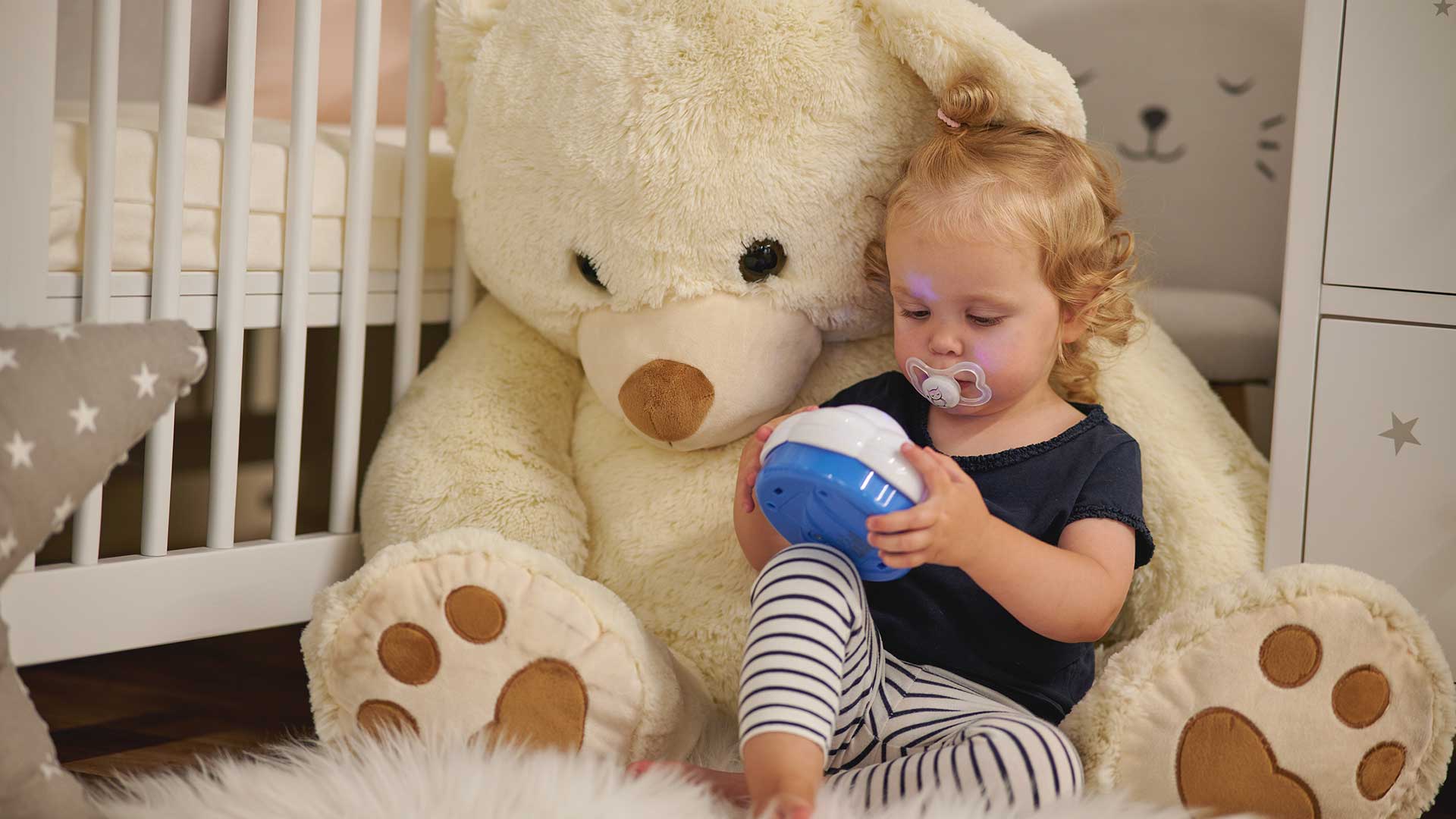

If the baby wakes up at night, they may not need to be changed after breastfeeding or bottle feeding. And if you do, it is best to do it quietly, with the lights dimmed and in his crib. Avoid playing with the child. The nursery does not need to be warmer than 18 degrees.
When the baby is a little older, it is appropriate to help the child comfort himself, and a little boredom is allowed.
In all your implementations of evening and sleep routines, keep in mind that a baby cannot sleep for up to eight hours until about six months of age.
Hearing the baby’s first cry when it comes into the world is an exciting experience. It is a sign that they have come into the world healthy and with great lungs! But as the weeks go by, excitement can quickly give way to worry and frustration. The sooner you learn what your baby is trying to express by crying, the sooner you can respond, and the crying will not be as disruptive, even at night. Parents and babies can get back to sleep faster. Therein lies the crux of this article: even babies need to get used to a day and night rhythm, and parents can do a lot to help make that happen.
The obvious thing that all parents can do from the first day of the child’s life is to get them used to a regular daily routine right away. However, this rhythm should not be rigid but should adapt to the baby’s needs. — Rest and fun play a significant role in this. – When you see that your baby is tired, put him in his bed. In this way, the child learns that his bed is for sleeping and not for playing. If the baby is a little older, he should sleep no more than four hours during the daytime, and this sleep should be finished at least six hours before night sleep.
Bedtime
If you approach bedtime calmly and quietly, it will usually transfer to your baby. Make sure your baby is full and satisfied before bedtime.
Routine gives a sense of regularity and security
As mentioned earlier, your baby should be put in his crib when he is tired. For example, if you allow your child to fall asleep in front of the TV or the parent’s bed, it will be more difficult later to get the child used to a routine without “sleep aids.”
Children, adults, and even babies have different sleep habits. It may be a story; for another child, it may be a song. Once you find out what your baby prefers, repeat this bedtime ritual every night.


If the baby wakes up at night, they may not need to be changed after breastfeeding or bottle feeding. And if you do, it is best to do it quietly, with the lights dimmed and in his crib. Avoid playing with the child. The nursery does not need to be warmer than 18 degrees.
When the baby is a little older, it is appropriate to help the child comfort himself, and a little boredom is allowed.
In all your implementations of evening and sleep routines, keep in mind that a baby cannot sleep for up to eight hours until about six months of age.
